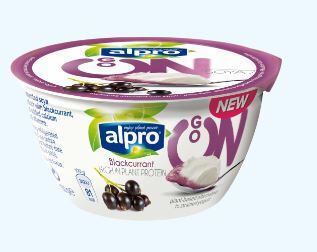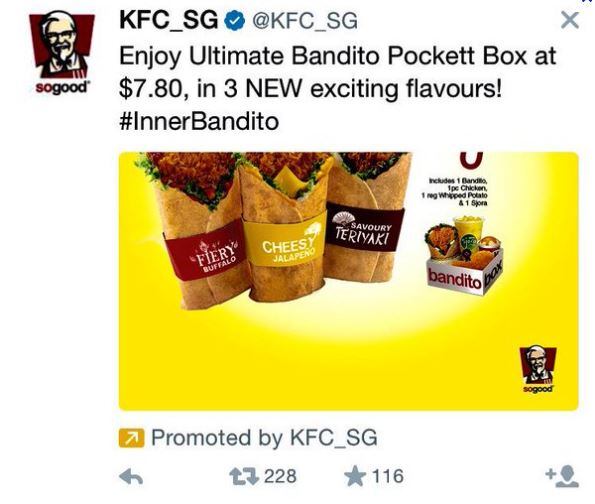AJ Odudu, a British TV presenter and fitness blogger with over 25,000 followers on Twitter, was paid by the Belgian manufacturer of plant-based dairy alternatives for a three month UK campaign to launch the yoghurt-style product Alpro G which included posting a specified number of tweets. [Only dairy-based products can call themselves 'yoghurt' or 'milk' under EU law.]
The contract stipulated that although Alpro would provide the key messaging, Odudu would draft the posts herself so that they were written in her own language, and that she would not promote competitor products during the same period.
The tweet, which has been deleted, showed a photograph of Odudu holding a pot of blackcurrent Alpro Go On with the text: "FAVE summer snack vibes @Alpro_UK. Full of plant goodness, fruity, high in plant protein," prompting a complaint filed anonymously that questioned whether it was made clear enough the tweet was an advert.
The ASA said: “The ad was presented in a similar ‘voice’ to Ms Odudu’s other tweets and did not include any clear identifier, such as “#ad”, to demarcate it from her own content. While we noted that the tweet contained the advertiser Twitter handle and campaign hashtags, we did not consider that this would make clear to consumers the commercial intent of the content or the editorial control exercised by the advertiser.”
The advertising watchdog therefore concluded the tweet was in breach of the code.

The ASA said that Alpro, communicating through an agency, had acknowledged the tweet was an advertisement but believed the tweet lay outside the scope of the UK’s CAP code and for that reason had not added an identifier such as #ad.
However Vicky Upton, marketing controller for Alpro UK & Ireland told FoodNavigator that it believed the ‘editorial freedom’ given to AJ Odudu meant it was not an advertisement.
“Although we do not believe that, in practice, the concerned Twitter post was an advertisement, because we did not exercise the level of content control required to make it so, our contract with the blogger gave us the right to exercise that control, and we believe that it is on these grounds that the ASA has ruled.”
Upton said Alpro was pleased to cooperate with the ASA as the exact interpretation of what is and isn’t advertising was not clear, and said the company would ensure social media posts that are in fact advertising will be identified as such.
The UK’s Committee of Advertising Practice (CAP) has published advice on non-broadcast advertising based on previous ASA rulings in which it encourages companies to clearly mark their advertising as such, for instance using the hashtag #ad.
“Because some consumers have less experience with advertising hosted on social media sites, and advertising is often difficult to distinguish from genuine user generated content, marketers should pay particular attention to ensuring their marketing communications are obviously recognisable as such.”
Pushing a product on social media
Companies can also use Twitter’s ‘promoted by’ option which, according to Twitter,

The social media giant crunched numbers with consumer data collection company Datalogix in a bid to quantify the impact of promoted (paid for) and organic (not-paid for) tweets on offline sales, and claimed users who engaged with promoted tweets purchased 12% more from that brand compared with 8% for organic tweets.
But marketing researchers Janée Burkhalter and Natalie Wood from SJU University in Philedelphia conducted research in 2012 into the value of promoted tweets and questioned their value.
"Our results also suggest that companies with established and familiar brands should not use Twitter's 'Promoted By' option, because this was perceived by respondents as 'lowering their opinion of the brand," said Burkhalter.
Choose the right platform
Food marketers also need to consider which social media platforms are best for their brands.
According to eMarketer, a survey conducted by Izea, Lightspeed GMI and the Halverson Group found that for adult social media users in the US who spent at least 15 hours online and visited one or more social media network per month, sponsored posts on “still maturing” social media platforms such as Periscope and Snapchat scored more highly for efficacy than older ones such as Facebook and Twitter.
